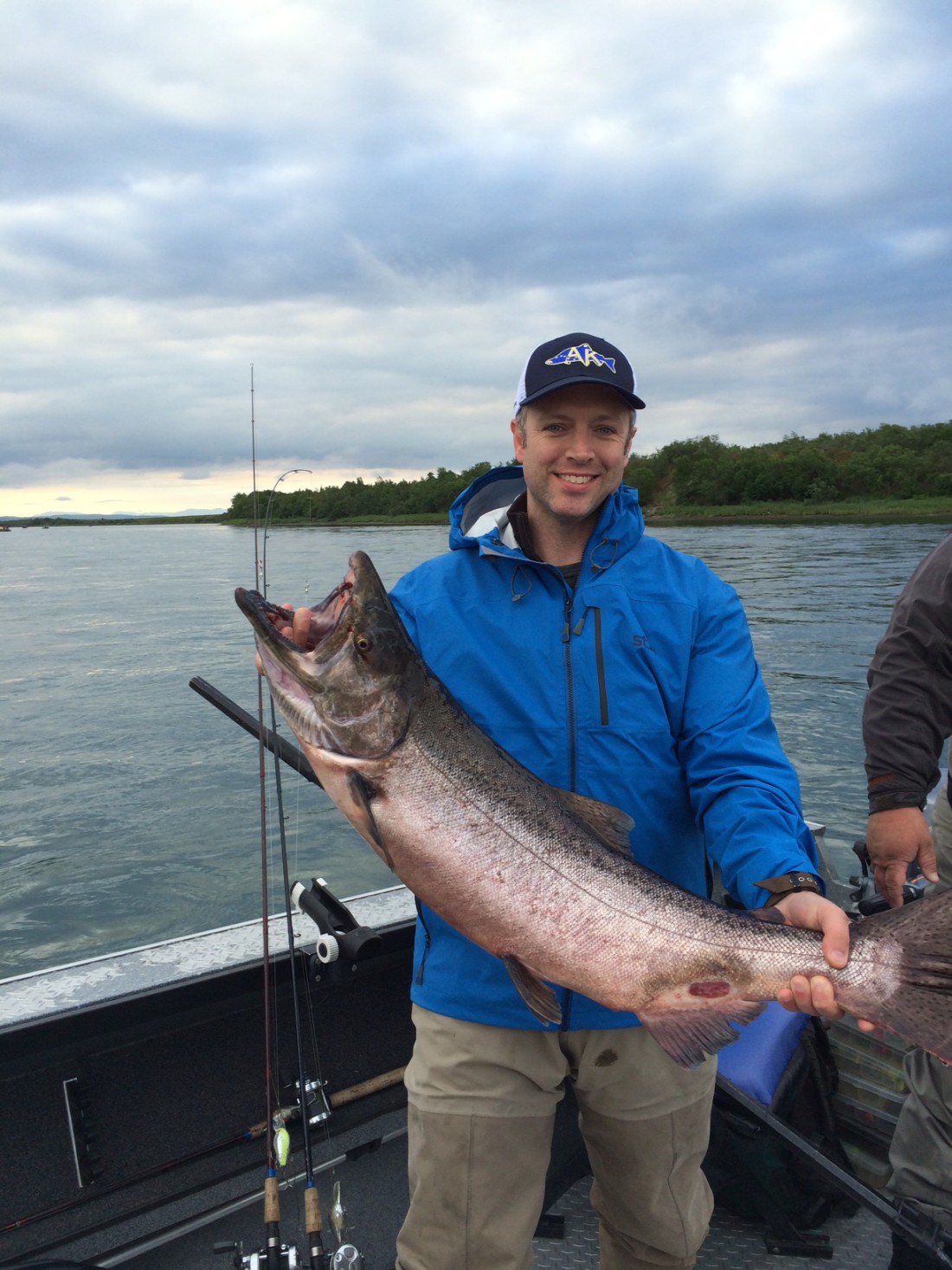Like the salmon he sought to study, chef William Dissen of the Market Place recently traveled upstream to Bristol Bay, Alaska, where he delved into the area’s sustainable fishing practices.
“Alaska is the last frontier for wilderness, but it’s first in sustainability and protecting the state’s most precious commodity — nature,” he says, crediting the Alaska Department of Fish and Game with upholding the Bristol Bay fishery’s progressive practices.
The governing body, he says, does “a fantastic job regulating the salmon from spawning to when they return to their fresh water home from the ocean. There could be a great opportunity to overfish this region and deplete this natural resource, but due to management regulations, there is always enough for native subsistence fishermen, recreational fishermen and commercial fishermen.”
In addition to issuing licenses and permits, the department enforces concrete date and time ranges in which commercial entities may fish each district of the bay, for example. Vessels and accompanying gear must adhere to the department’s detailed specifications, which also prescribe how and where equipment can be used. In some areas of the bay, salmon fishing is disallowed altogether, and the department reserves the right to tighten restrictions at critical population levels.
Notably, the local community is largely onboard with these comprehensive rules, according to Dissen, who says residents understand the implications of preserving the natural ecosystems. Alaskan popular culture even acknowledges the staple fish in death, noting the species’ fertilization of trees and land after decomposition, he says.
Not only did Dissen amass tales of glacier hikes, bear sightings and filleting salmon minutes after the catch, but the chef also returned to the Market Place with a renewed dedication to inspire his team on the subject of product sourcing. He’ll continue to serve salmon from Bristol Bay, which he purchases through Ashevillean Heidi Dunlap of the Wild Salmon Co.
“Sustainability is more than just a commitment to making the right choices for the ecosystem,” he says. “It also means that we are sourcing the best and the freshest ingredients available, and that means it tastes better when the plate arrives to the table.”
For more coverage of Dissen’s Alaskan adventure, including photos and blog posts by the chef, visit avl.mx/1bq.




I definitely want to taste chef’s salmon dish. It would make my day, as helpmewritemyessay did.